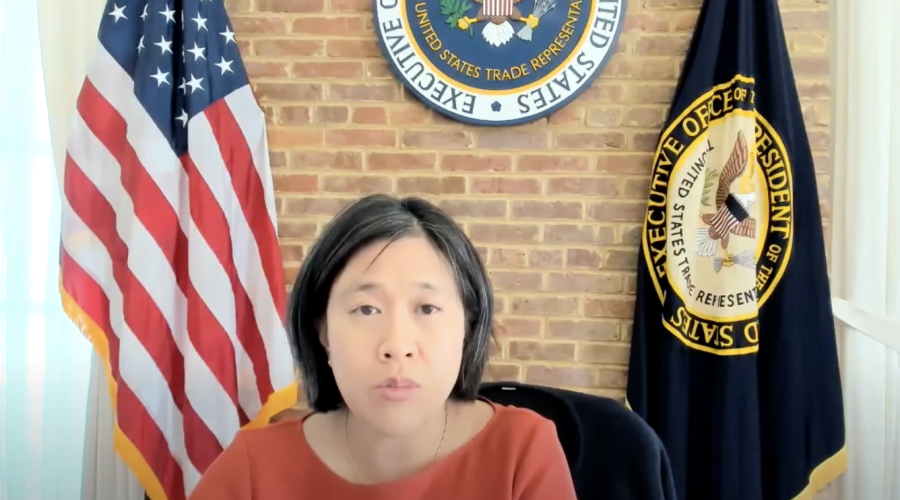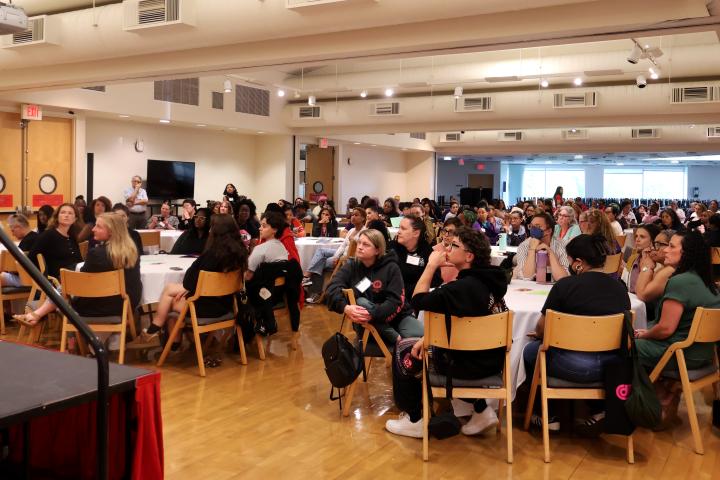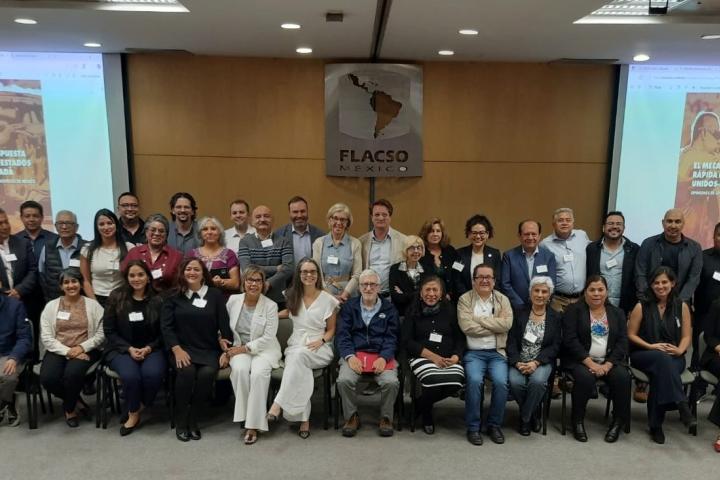
Watch recording, "How U.S. Trade Policy Affects Workers"
On March 2nd at 2 pm EST, The ILR School, in partnership with the Worker Institute, Buffalo Co-Lab, and the Cornell Law School hosted a discussion with United States Trade Representative (USTR) Ambassador Katherine Tai and Cornell experts discussing USTR's initiative to study the distributional effects of U.S. trade policy on workers.
"We have been reexamining who is at the table when we develop a policy so that more perspectives and lived experiences are represented," said Ambassador Katherine Tai, United States Trade Representative during the discussion.
Watch webinar, "How U.S. Trade Policy Affects Workers: A Conversation with Ambassador Tai and Cornell Experts":
The webinar presented a unique opportunity for a conversation on U.S trade policy and its impact on the lives of working Americans, including workers with disabilities, Black and Hispanic workers, LGBTQ+, and other under-represented communities.
“Early racial inequalities have exacerbated over time, not just by inertia, but by policies and actions by public and private actors,” said Chantal Thomas, Professor of Law at Cornell Law School.
Ambassador Tai spoke about two research agendas that will feed into USTR’s study, including their preliminary findings, and will ask Ambassador Tai specific questions related to marginalized workers.
“A lot of companies and big economic stakeholders think of workers as cost - and a cost that you have to minimize,” said Ambassador Katherine Tai, United States Trade Representative.
The discussion was moderated by Desiree LeClercq, the Proskauer Employment and Labor Law Assistant Professor at Cornell University's School of Industrial and Labor Relations, and included closing remarks by Alexander Colvin, Dean Cornell University, ILR School.
Russell Weaver, Ph.D., a quantitative geographer and Director of Research at the Cornell ILR Buffalo Co-Lab, spoke about the impact of US trade policy on workers in US cities. “Capital was incentivized in the 1980s to bail on labor towns like Buffalo, NY and set up shop in right-to-work states," said Weaver.
Dr. Campos-Medina, Senior Extension Associate and the Executive Director of the Worker Institute spoke about the gig economy and precarious work in relation to immigration and US trade policy. "Precarious work and the gig economy is not new, what is new is the lack of a social safety net and benefits for these workers," said Campos-Medina.



